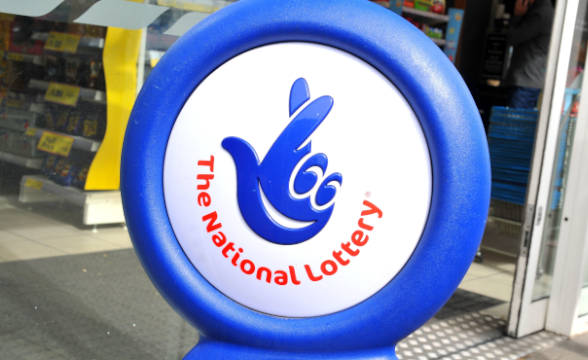The Gambling Commission in the UK released the quarterly report keeping track of the National Lottery’s contribution to good causes report showing that funds in the second quarter of FY 23 have increased.
Overview and Comparison
Funds that were raised by the National Lottery for good causes need to be allocated to the National Lottery Distribution Fund and it is part of the Gambling Commission’s responsibilities to ensure this is done accurately and on time.
The report revealed that, between July and September 2022, the National Lottery raised for good causes £501.8 million ($577 million) to register an increase of £78.9 million ($90.7 million), or 18.7%, as compared to the £422.9 million ($486.3 million) the national lottery operator contributed to good causes in the first quarter of FY 23.
The Q2 FY23 result is just 1.3% down to £508.5 million ($584.8 million) the National Lottery accounted for good causes in the third quarter of FY22 and 2.1% higher than the £491.3 million ($565 million) in Q4 FY22. Compared to Q2 FY22, the reported quarter posted an increase of just under 20%, while the last five quarters raised £2.3 billion ($2.65 billion) for good causes.
The National Lottery accounted for an increase in Q2 FY23 total sales of £266.7 million ($306.7 million), or 14.1% when compared to the previous quarter, mainly driven by the 31.1% increase, £140.7 million ($161.8 million), in the sales of EuroMillions, where growth was attributed to the volume of rollovers associated with high jackpots.
Interactive instant win games (IIWGs) and scratch cards sales generated increases of 15.6% and 7.4%, respectively, around £40 million ($46 million) more each, as compared to the previous quarter, while total unclaimed prizes added around £13.6 million ($15.6 million) more, primarily due to scratch cards game closures.
Central to National Lottery’s Model
Since its launch in November 1994, the National Lottery has contributed over £46 billion ($52.9 billion) of funds that were directed to support sports, including Olympic athletes, arts and heritage initiatives, health, education and environmental projects.
Funds raised for good causes are central to the operational model of the National Lottery and probably one of the reasons why current operator Camelot lost the bid for the fourth National Lottery license to its competitor Allwyn, which promised to double these funds.
From February 2024, Camelot, which has been the National Lottery operator since its launch in 1994, will be replaced by Allwyn after Camelot’s determination to seek legal action waned. At one point Camelot even suggested that the loss of the National Lottery license would lead to the bankruptcy of its UK subsidiary.
Just recently, Allwyn confirmed media reports that it was in talks to acquire Camelot’s UK business as the new National Lottery operator is looking to consolidate its position in the UK.


